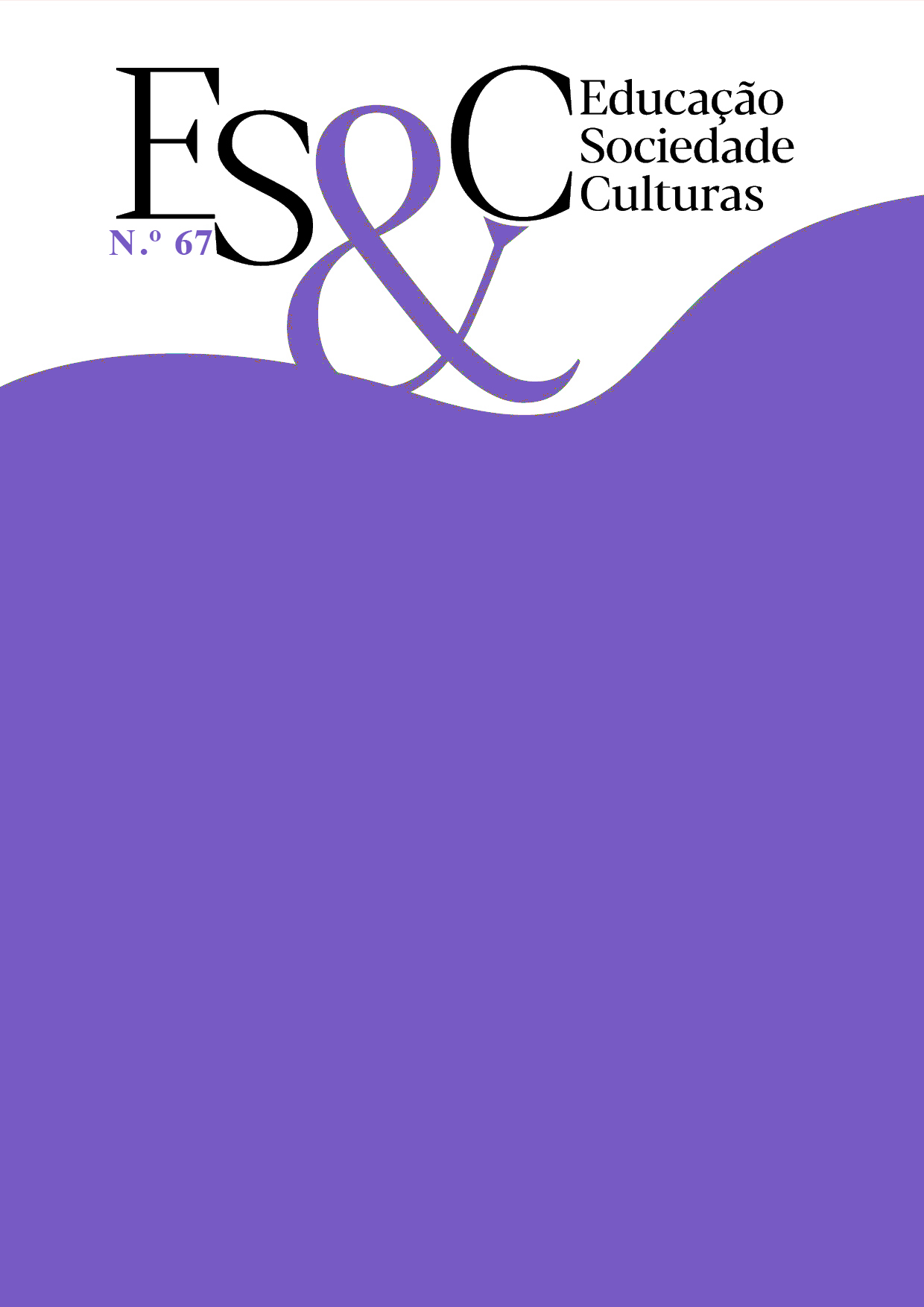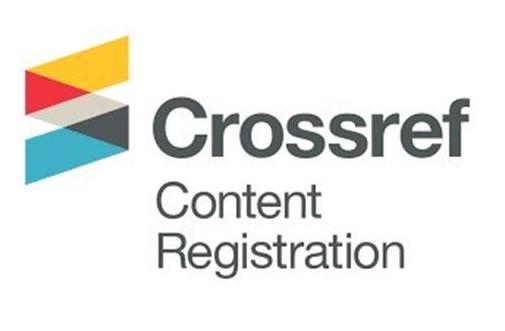Formação de professores: Construindo uma agenda para o século XXI
DOI:
https://doi.org/10.24840/esc.vi67.921Palavras-chave:
EditorialResumo
Em julho de 2022, o Porto acolheu uma conferência internacional do EDULOG sobre formação de professores sob o desafiante tema: “Formação de Professores: Construir uma Agenda para o Século XXI”. O principal motivo que levou à organização desta conferência foi o reconhecimento coletivo, tanto na comunidade internacional como na comunidade educativa, dos profundos desafios que se colocam à educação atual e futura. Foi partilhada a convicção de que a formação de professores é fundamental para o avanço da educação. Os/As formadores de professores[1], quer nas instituições de ensino superior quer nas escolas, têm a tarefa de formar todos/as os professores, influenciando assim indiretamente as práticas de ensino de todos/as os educadores e as experiências de aprendizagem de todos/as os alunos. Trata-se de uma tarefa imensa e de grande responsabilidade.
Downloads
Referências
Abbott, Andrew (1988). The system of professions: An essay on the division of expert labor. The University of Chicago Press.
Darling-Hammond, Linda (2017). Teacher education around the world: What can we learn from interna-tional practice? European Journal of Teacher Education, 40(3), 291-309, http://dx.doi.org/10.1080/02619768.2017.1315399
European Commission. (2012). Supporting teacher educators for better learning outcomes. EUR-Lex. https://eur-lex.europa.eu/legal-content/EN/ALL/?uri=celex:52012SC0374
Kelchtermans, Geert (2017). ‘Should I stay, or should I go?’: Unpacking teacher attrition/retention as an educational issue. Teachers and Teaching, 23(8), 961–977. https://doi.org/10.1080/13540602.2017.1379793
Leite, Carlinda, Marinho, Paulo, & Sousa-Pereira, Fátima (2023). Teaching-research nexus in initial teacher education in Portugal / Perspectivas académicas del nexo enseñanza-investigación en la formación inicial del profesorado en Portugal. Educación XXI, 26(1), 71-92 https://doi.org/10.5944/educxx1.31518
Leite, Carlinda, Monteiro, Angélica, Barros, Rita, & Ferreira, Nicole (2022). Curricular practices towards sustainability and a transformative pedagogy. REICE. Ibero-American Journal of Quality, Effectiveness and Change in Education, 20(4). https://doi.org/10.15366/reice2022.20.4.006
Leite, Carlinda, Monteiro, Angélica, Sampaio, Marta & Silva, Adelina (2024). The whole-school approach and transformative learning: A Portuguese case. International Journal of Instruction, 17(2), 635-650.
Lopes, Amélia, Boyd, Pete, Andrew, Nicola, & Pereira, Fátima (2014). The research-teaching nexus in nurse and teacher education: Contributions of an ecological approach to academic identities in professional fields. Higher Education, 68(2), 167-183. https://doi.org/10.1007/s10734-013-9700-2
Swennen, Anja, & Volman, M. (2017). Teacher education in the Netherlands: Teacher educators’ struggles over monopoly and autonomy 1990-2010. In Tom Trippestad, Anja Swennen, & Tobias Werler (Eds.), The struggle for teacher education: International perspectives on governance and reform (pp. 115-129). Bloomsbury.
Thomas Dotta, Leanete, & Lopes, Amélia (2023). Identities of teacher educators in higher education: A lit-erature review. Revista Colombiana de Educación, 88. https://doi.org/10.17227/rce.num88-13338
United Nations. (2015). Transforming our world: The 2030 agenda for sustainable development. United Nations. https://sdgs.un.org/2030agenda
Watt, Helen, & Richardson, Paul (2023). Teachers’ motivation to teach: A review through the lens of moti-vational theories. In Gerda Hagenauer, Rebecca Lazarides, & Hanna Jarvenoja (Eds.), Motivation and emotion in learning and teaching across educational contexts: Theoretical and methodological perspec-tives and empirical insights (pp. 128-142). Routledge.
Ficheiros Adicionais
Publicado
Como Citar
Edição
Secção
Licença
Direitos de Autor (c) 2024 Anja Swennen, Carlinda Leite, Amélia Lopes

Este trabalho encontra-se publicado com a Licença Internacional Creative Commons Atribuição-NãoComercial-CompartilhaIgual 4.0.
Os/as autores/as mantêm os direitos autorais, sem restrições, e concedem à revista ESC o direito de primeira publicação, com o trabalho simultaneamente licenciado sob a Creative Commons Atribuição-NãoComercial-CompartilhaIgual 4.0 Internacional (CC BY-NC-SA). É permitido copiar, transformar e distribuir e adaptar o material em qualquer suporte ou formato, desde que com o devido reconhecimento da autoria e publicação inicial nesta revista, as alterações sejam identificadas e seja aplicada a mesma licença ao material derivado, não podendo ser usado para fins comerciais.









